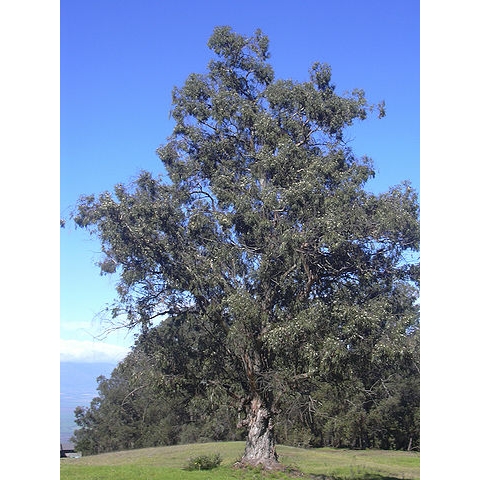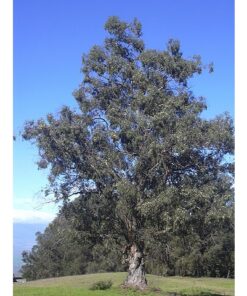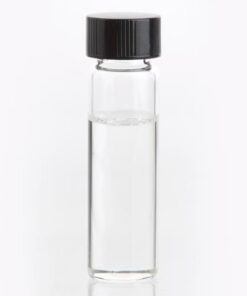Eucalyptus globulus, the Tasmanian bluegum,southern blue-gum, or blue gum, is an evergreen tree, one of the most widely cultivated trees native to Australia
The leaves are steam distilled to extract eucalyptus oil. E. globulus is the primary source of global eucalyptus oil production, with China being the largest commercial producer. Oil yield ranges from 1.0-2.4% (fresh weight), with cineole being the major isolate. E. globulus oil has established itself internationally because it is virtually phellandrene free, a necessary characteristic for internal pharmaceutical use.In 1870, Cloez identified and ascribed the name “eucalyptol” — now more often called cineole — to the dominant portion of E. globulus oil.
A native of Australia and Tasmania, eucalyptus is now mainly cultivated in China, South Africa, Brazil, Spain, Portugal and Russia.
The principal constituent of eucalyptus oil is eucalyptol (1-8,cineol) existing at varying amounts from < 70% up to 85%. (The British Pharmacopoeia Specification lists the eucalyptol content as not less than 70%). BP describes eucalyptus essential oil as “colourless or pale-yellow liquid with an aromatic and camphoraceous odour and a pungent and camphoraceous taste, followed by a sensation of cold”.
Other varieties of eucalyptus include eucalyptus citriodora (“lemon scented” – rich in citronellal), eucalyptus dives (“blue peppermint eucalyptus”), eucalyptus polybractea, eucalyptus radiata and eucalyptus staigeriana. Most varieties are available from Augustus.


![Picture by Itineranttrader [Public domain], from Wikimedia Commons](https://www.augustus-oils.ltd.uk/wp-content/uploads/2018/10/Eucalyptus-Globulus-Essential-Oil-1.jpg)

